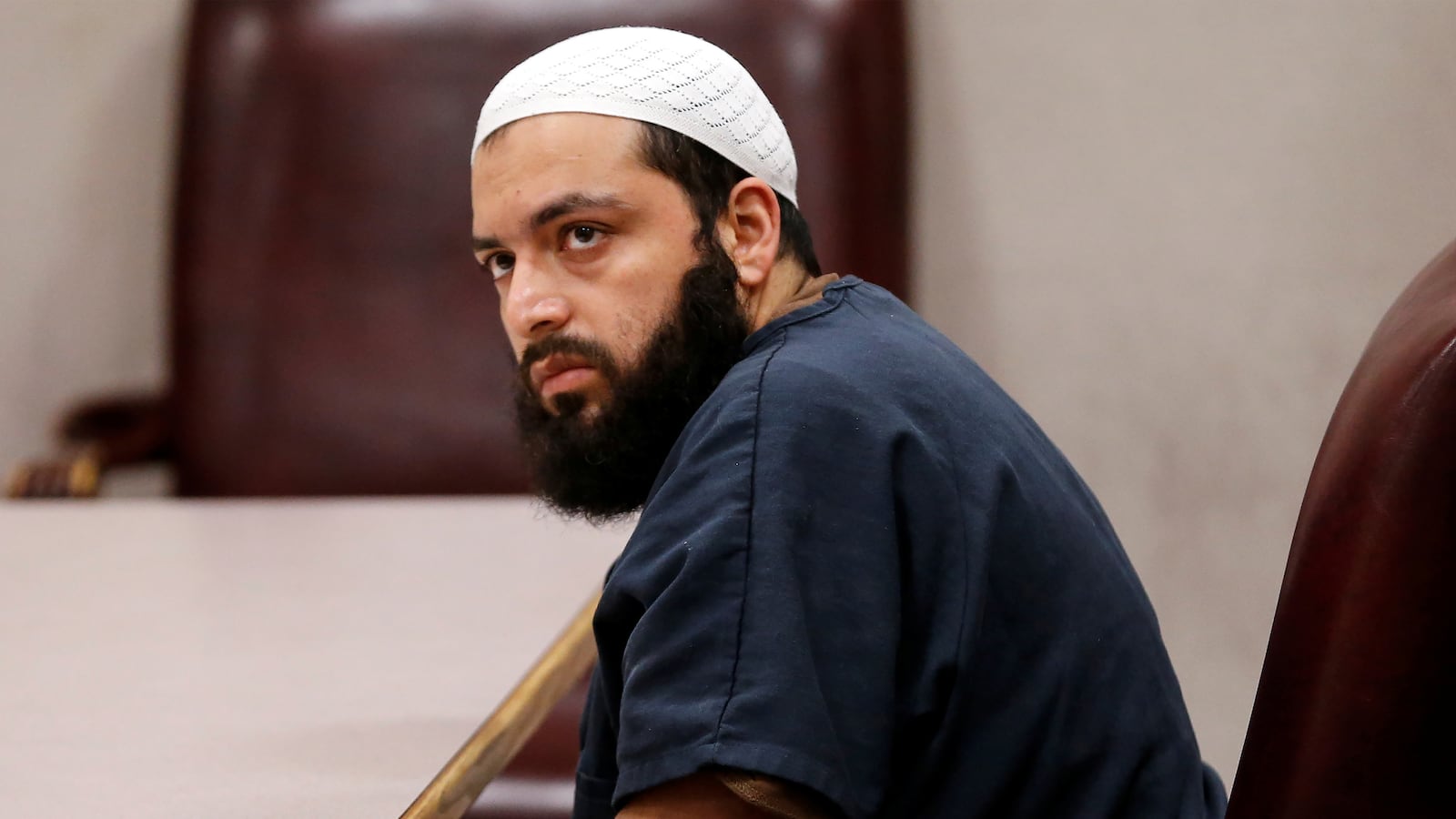Ahmad Rahimi was found guilty Monday of setting off bombs in Manhattan last year. He was convicted on all eight counts after a short but tense trial in which prosecutors accused his attorneys of using the "Al Qaeda playbook."
Prosecutors said Rahimi came to New York from New Jersey in order to set off two bombs in the Chelsea neighborhood after years of reading jihadist propaganda. One bomb on 23rd st. in Manhattan exploded, while another on 27th st. did not.
No one was killed in the explosion, but 31 people were injured in Manhattan.
Rahimi was not charged with supporting a foreign terrorist organization like Al Qaeda or ISIS, but prosecutors said he was inspired by reading Anwar al-Awlaki and other jihadists. A journal found next to him during his arrest mentioned Awlaki, Osama bin Laden and Fort Hood shooter Nidal Hasan, among others.
Rahimi's defense team chose not to call any witnesses or contest the government's claims that he set off the bomb on 23rd st. But in her closing statements federal public defender Sabrina Shroff sought to spare her client a mandatory life sentence by arguing that he did not intend to set off the second bomb.
Convictions on the 7th and 8th counts of the indictment, which allege Rahimi used a bomb to further a crime of violence, would mean a mandatory life sentence for Rahimi. Shroff's defense, then, was focused on sparing her client a life sentence.
"You can despise Mr. Rahimi for doing something as heinous as leaving a bomb on 27th st.," Shroff told the jury. But "the fact that the bomb was capable of being used doesn't mean that Mr. Rahimi intended to use it."
Shroff said that Rahimi heard the blast at 23rd st. and that gave him pause. After hearing that, he took no steps to set off the second bomb, and abandoned it on the street, she argued.
Rahimi left New York City that day with six more bombs in his backpack. But none of those bombs went off, even when he was apprehended by police more than a day later.
"Six more chances to set off bombs. Six more chances to cause harm, if that's what he wanted to do," she argued. "Callousness, carelessness, is not intent."
In fact, the defense faced an uphill battle. Prosecutors had video of Rahimi testing homemade explosives at home, placing bombs in New York, and fingerprints linking him to the devices.
Assistant U.S. Attorney Andrew DeFilippis told the jury the evidence was so overwhelming that Shroff's closing statement in itself was a "partial confession."
"He's admitting what he can't deny, and denying what he can't admit," DeFilippis said. Shroff's argument "was a cover story straight out of the Al Qaeda playbook."
Rahimi also faces charges in New Jersey relating to bombs set off in a park and a shootout with a police officer. The defense attorneys successfully fought to prevent the jury from hearing about the shootout with police.






